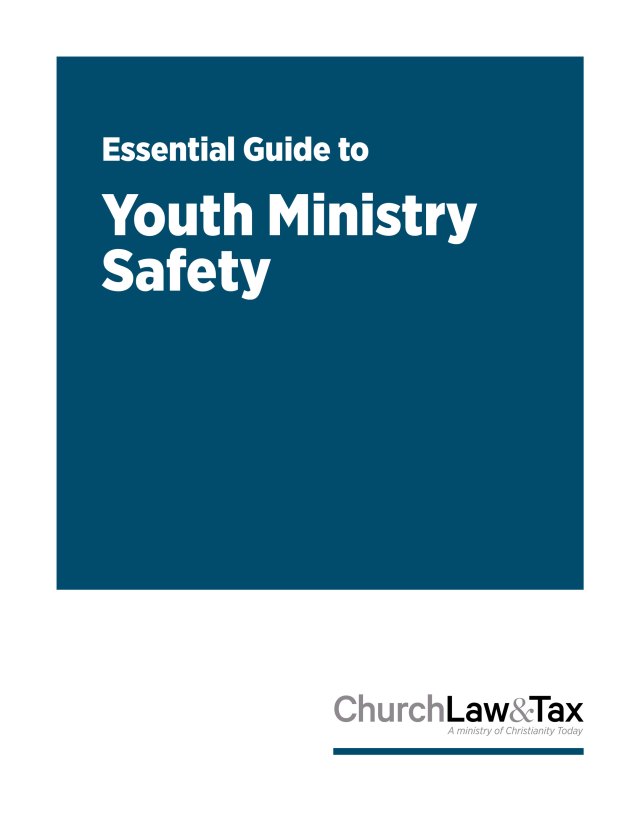Key point 3-07.1. In order for the clergy-penitent privilege to apply there must be a "communication." A communication includes verbal statements, but it also may include nonverbal acts that are intended to transmit ideas. Mere observations generally are not considered to be communications.
The Tennessee Supreme Court ruled that the clergy-penitent privilege did not prevent a pastor from testifying in a murder trial regarding his observations of the defendant during the several hours he met with him while awaiting trial.
An adult male (the "defendant") was convicted of three counts of premeditated murder for killing three restaurant employees, execution style. A jury sentenced him to death. While the defendant was in prison awaiting trial he became acquainted with a pastor who participated in a volunteer prison ministry.
The pastor spent more than 75 hours talking with the defendant. The pastor was called to testify at the trial regarding his conversations with the defendant. The trial judge ruled that the pastor could not testify as to his conversations with the defendant because the defendant had not waived his clergy-penitent privilege.
However, the judge allowed the pastor to testify regarding his general impressions of the defendant. In particular, he testified that the defendant did not focus on trial strategy but instead tended to concentrate on irrelevant details. He further testified that the defendant expended a great deal of energy trying to appear normal, often watching and mimicking the behavior of others. It was his opinion that the defendant behaved much like a twelve-year-old boy.
The defendant appealed his conviction on several grounds. One of his arguments was that he was "incompetent," and as such he lacked the capacity to "waive" the clergy-penitent privilege and therefore the trial judge erred in refusing to allow the pastor to testify regarding his conversations with the defendant. The court disagreed.
What this means for churches
The clergy-penitent privilege protects "communications" made to a minister while acting in a professional capacity as a spiritual adviser. Ministers cannot be compelled to testify regarding such communications. However, as this court noted, the privilege only extends to communications. Ministers can be compelled to testify regarding their "observations" or general impressions of a counselee's demeanor, since a person's demeanor is not a communication. State v. Reid, 2006 WL 3804398 (Tenn . 2006).




